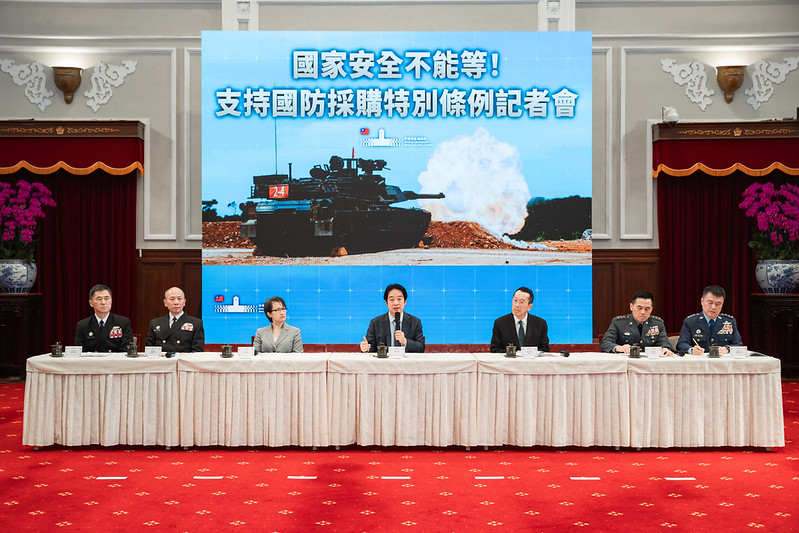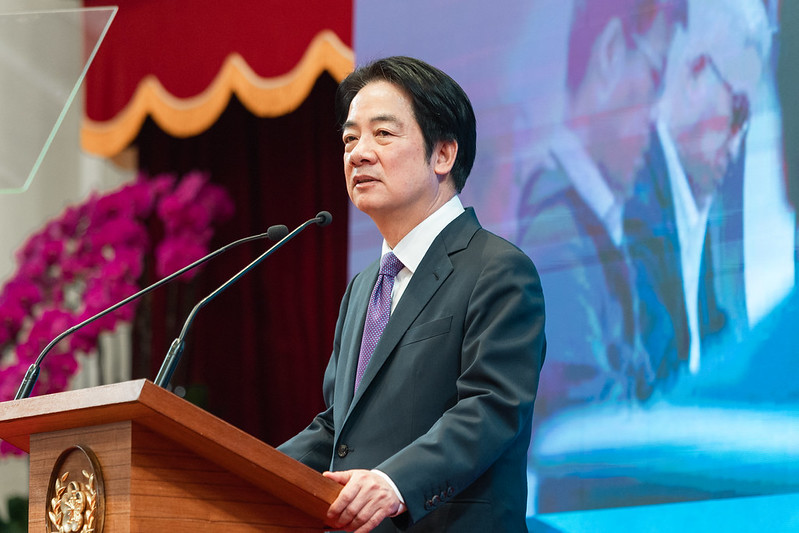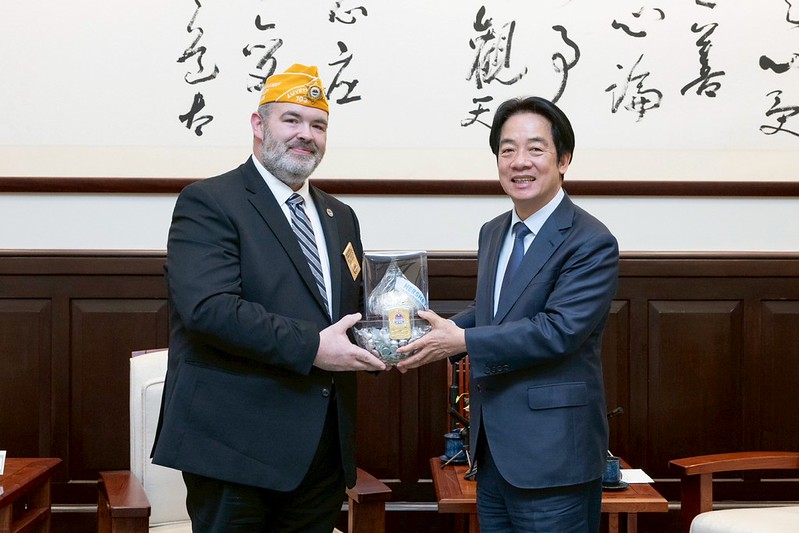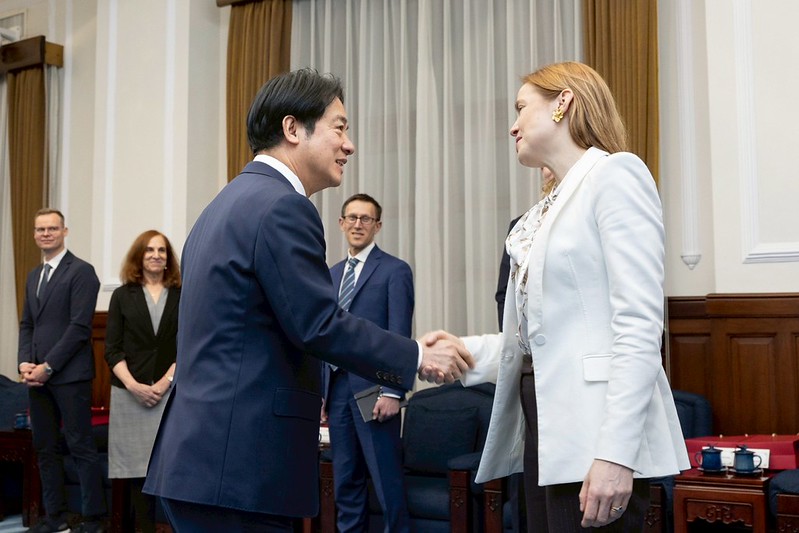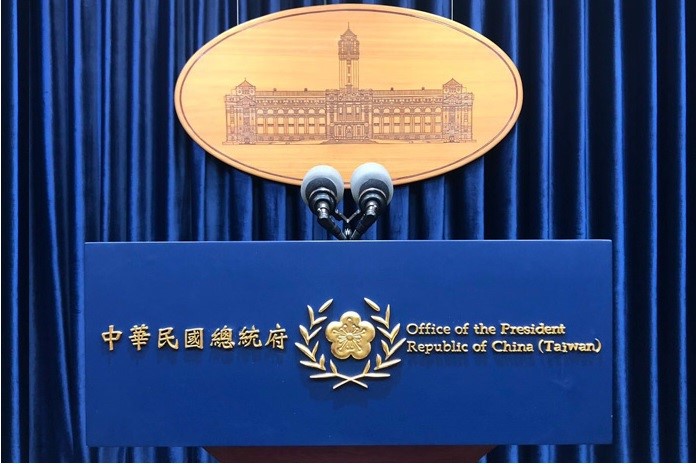News & activities
 News releases
News releases
On September 16 (US EST), the United States government announced that it had notified Congress of the US$228 million sale to Taiwan for the return, repair, and reshipment of spare parts for aircraft and related equipment. Presidential Office Spokesperson Karen Kuo (郭雅慧) on September 17 stated that Taiwan’s maintenance of sufficient self-defense capabilities is the foundation for maintaining regional stability. The spokesperson said that the Presidential Office is grateful to the US government for continuing to strengthen the cooperative partnership between Taiwan and the US and jointly safeguarding regional peace and stability with Taiwan in accordance with the Taiwan Relations Act and the Six Assurances.
Spokesperson Kuo stated that this marks the 16th military sale to Taiwan announced during the Biden administration since 2021, demonstrating the importance the US government places on peace and stability across the Taiwan Strait and continuing to fulfill the US security commitments to Taiwan. The return, repair, and reshipment of spare parts for aircraft and related equipment approved in this sale, she said, will help maintain the appropriate combat readiness of our various air force aircraft to respond to the normalization of gray-zone aggression by China.
Spokesperson Kuo stated that Taiwan will continue to strengthen our self-defense and asymmetric defense capabilities, enhance our deterrence capabilities, and staunchly defend our constitutional system of freedom and democracy. The spokesperson noted that Taiwan will also work alongside like-minded countries while enhancing defense resilience throughout our society to jointly address the threat of expanding authoritarianism and maintain the rules-based international order, ensuring a free and open Indo-Pacific region and contributing to global peace, stability, and prosperity. Taiwan, she said, will continue to act as a force for good in the world.
